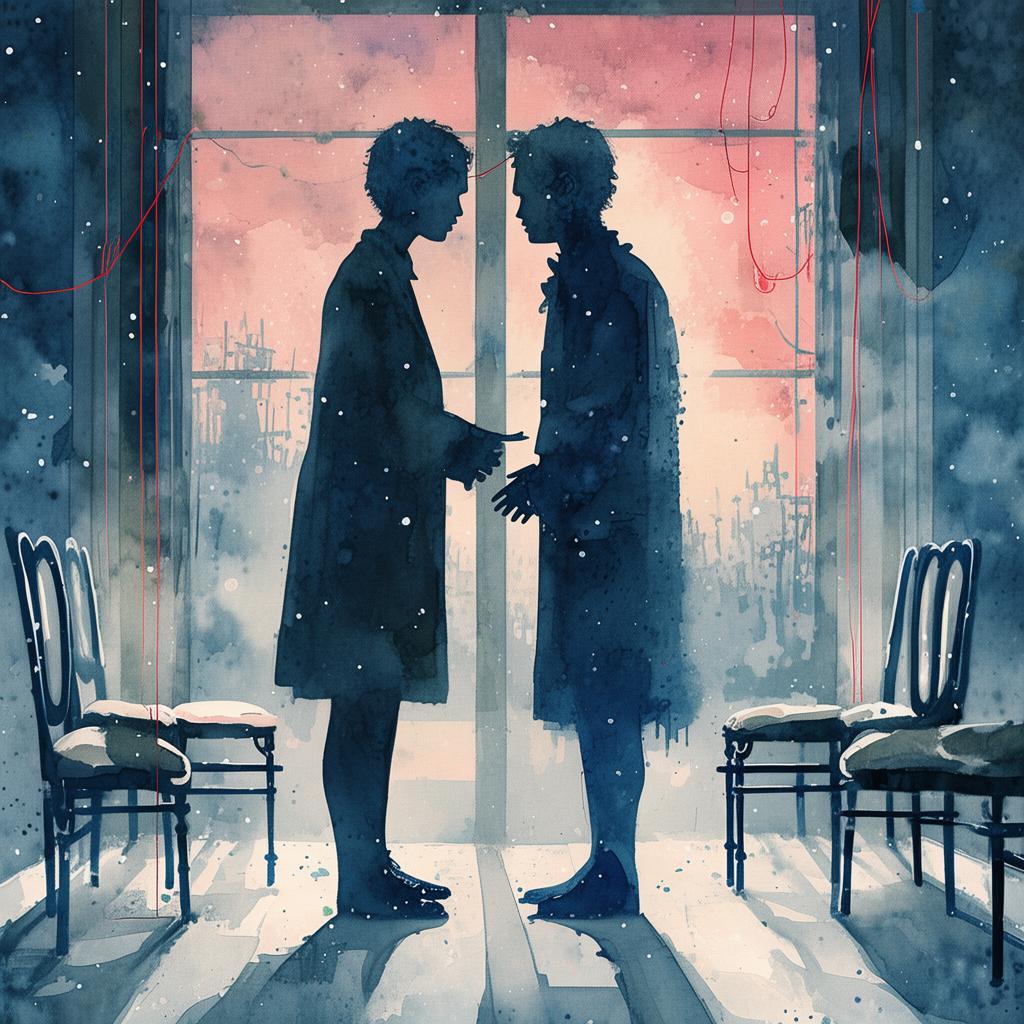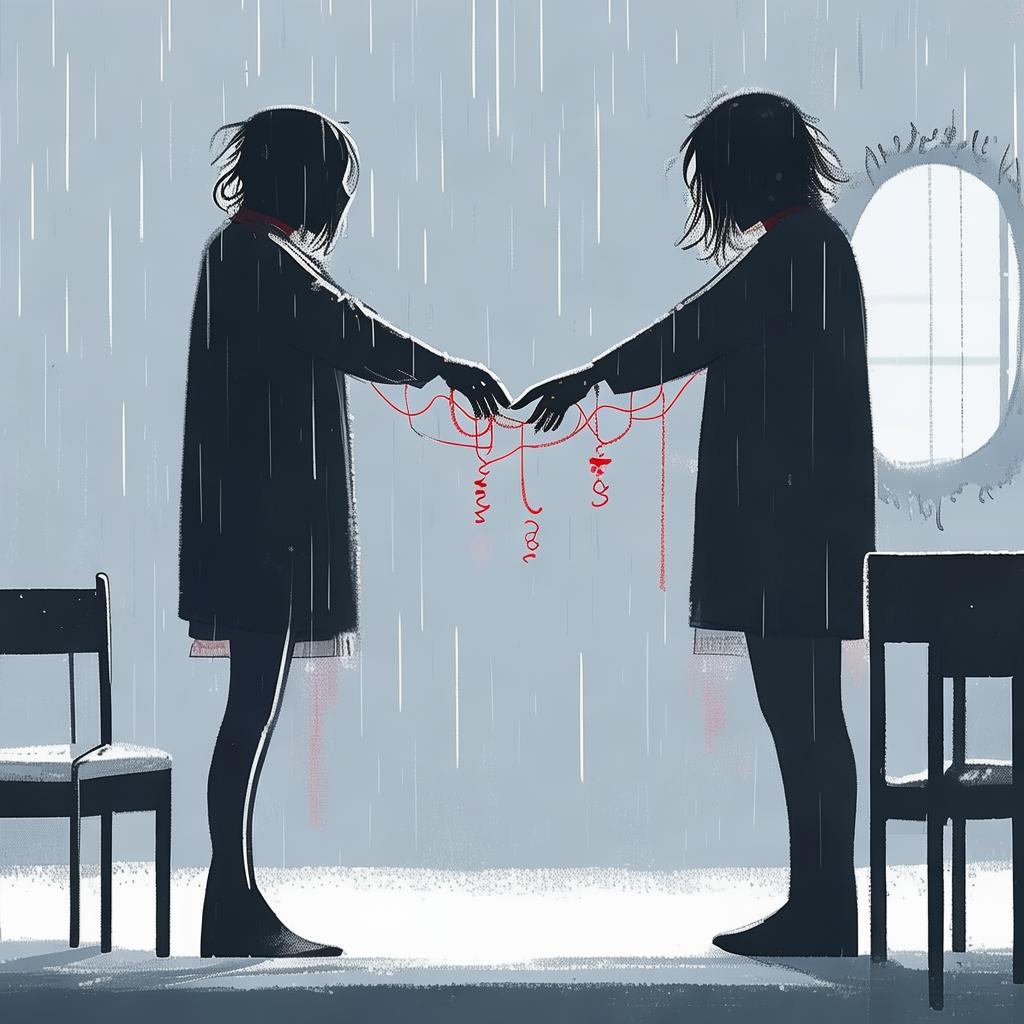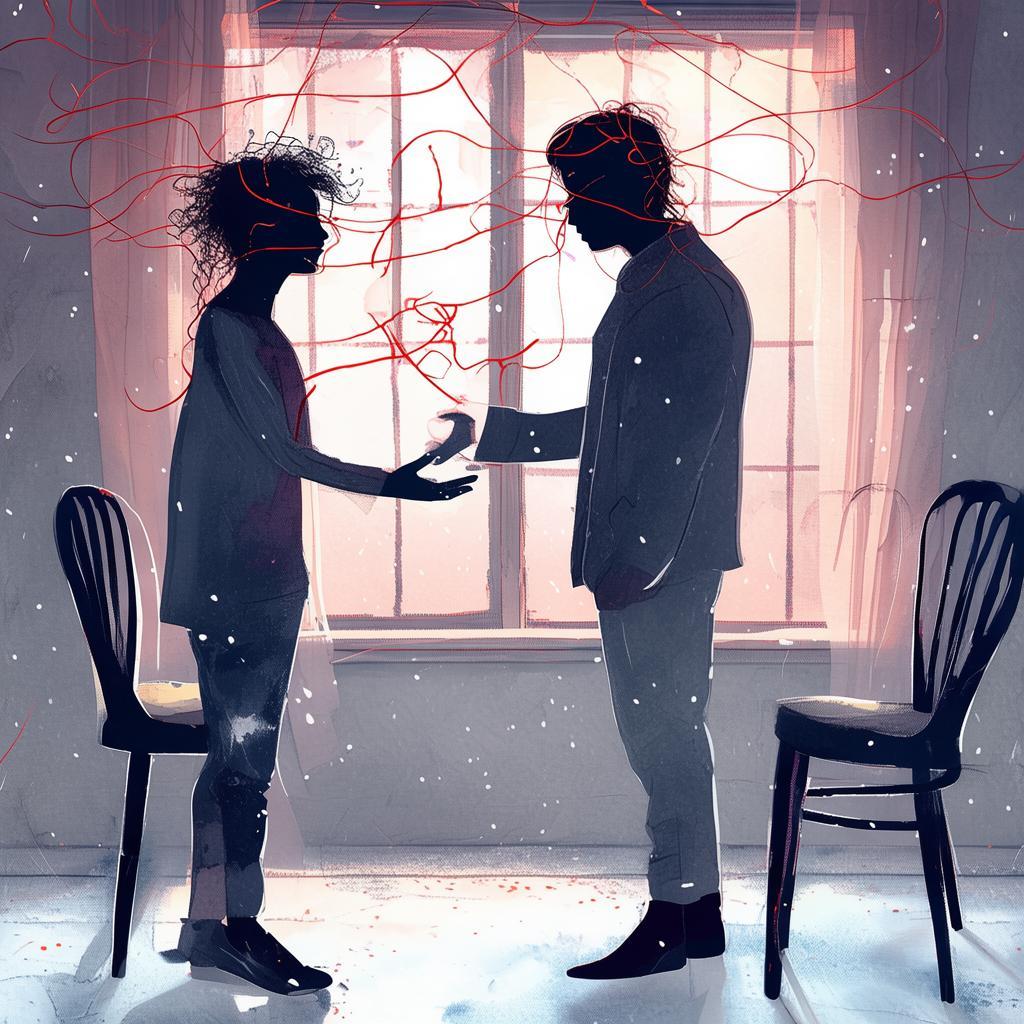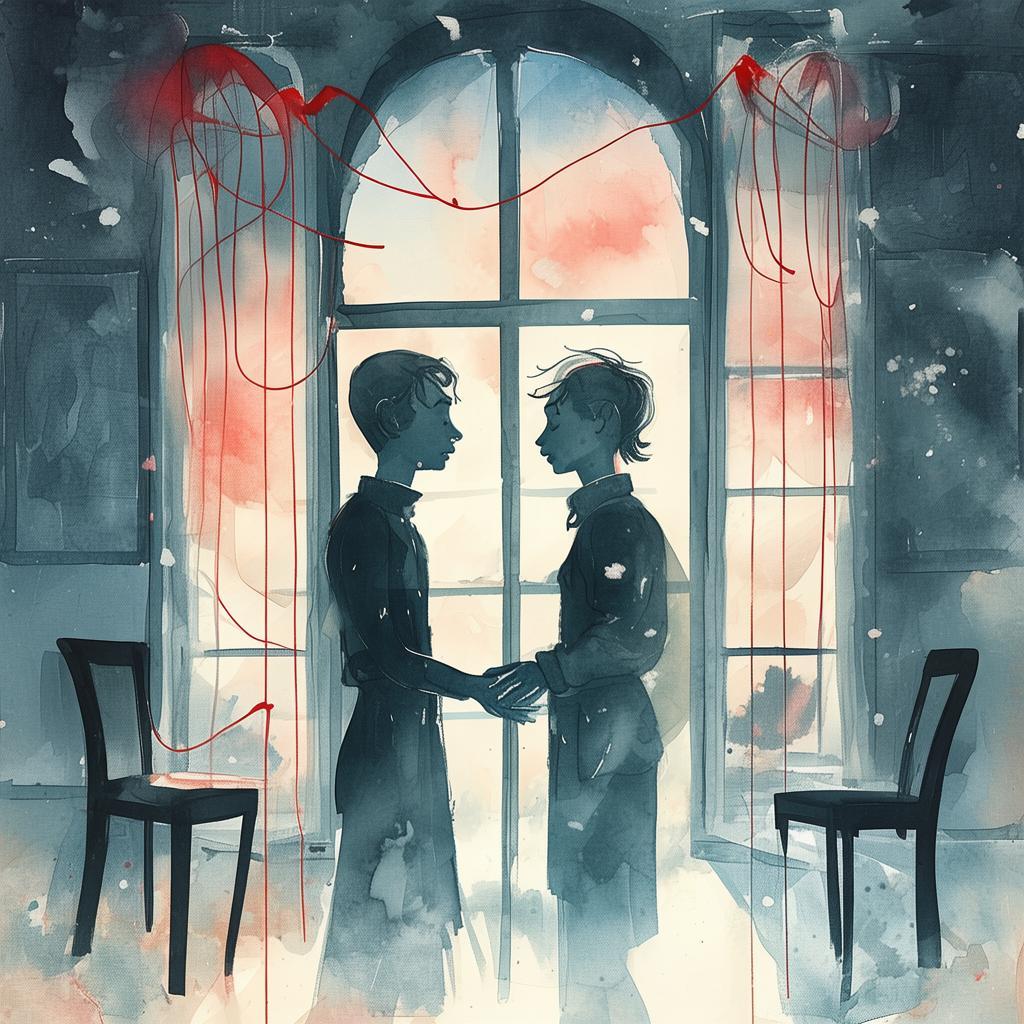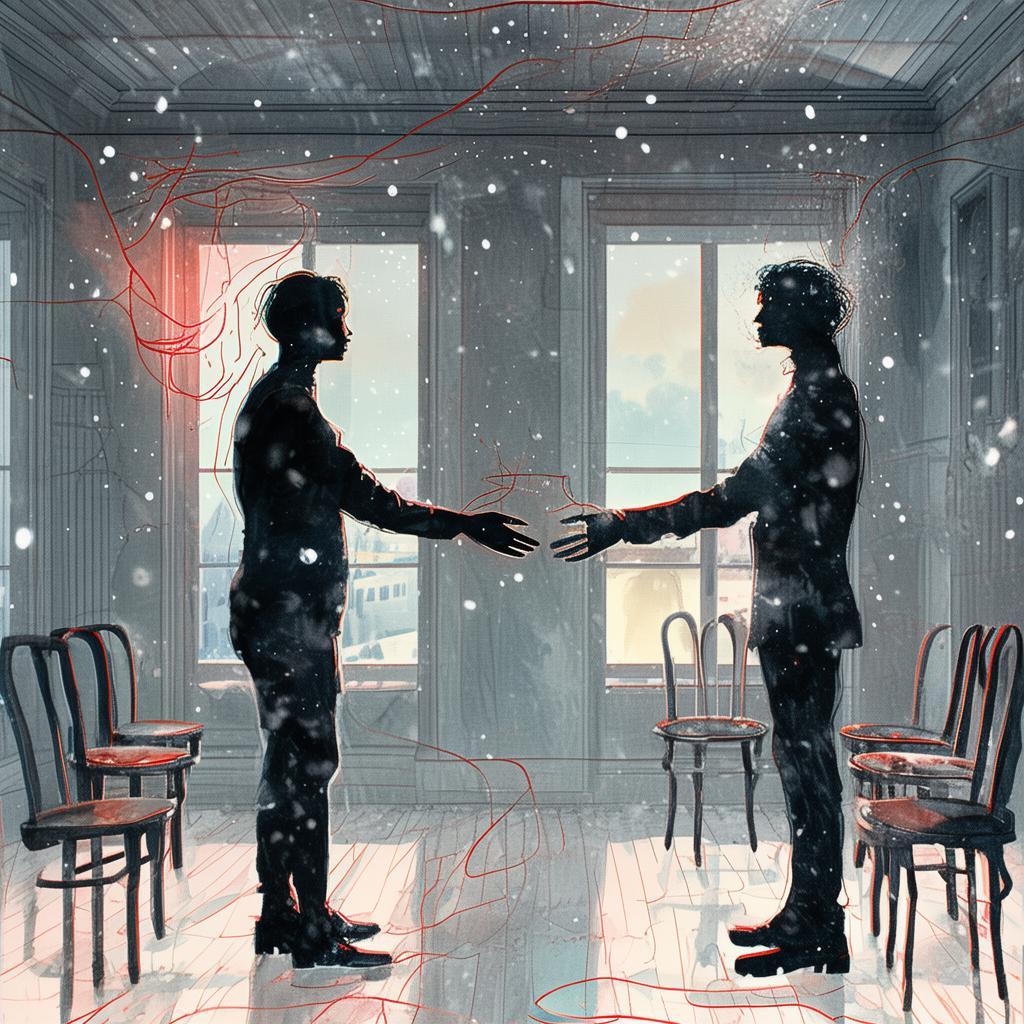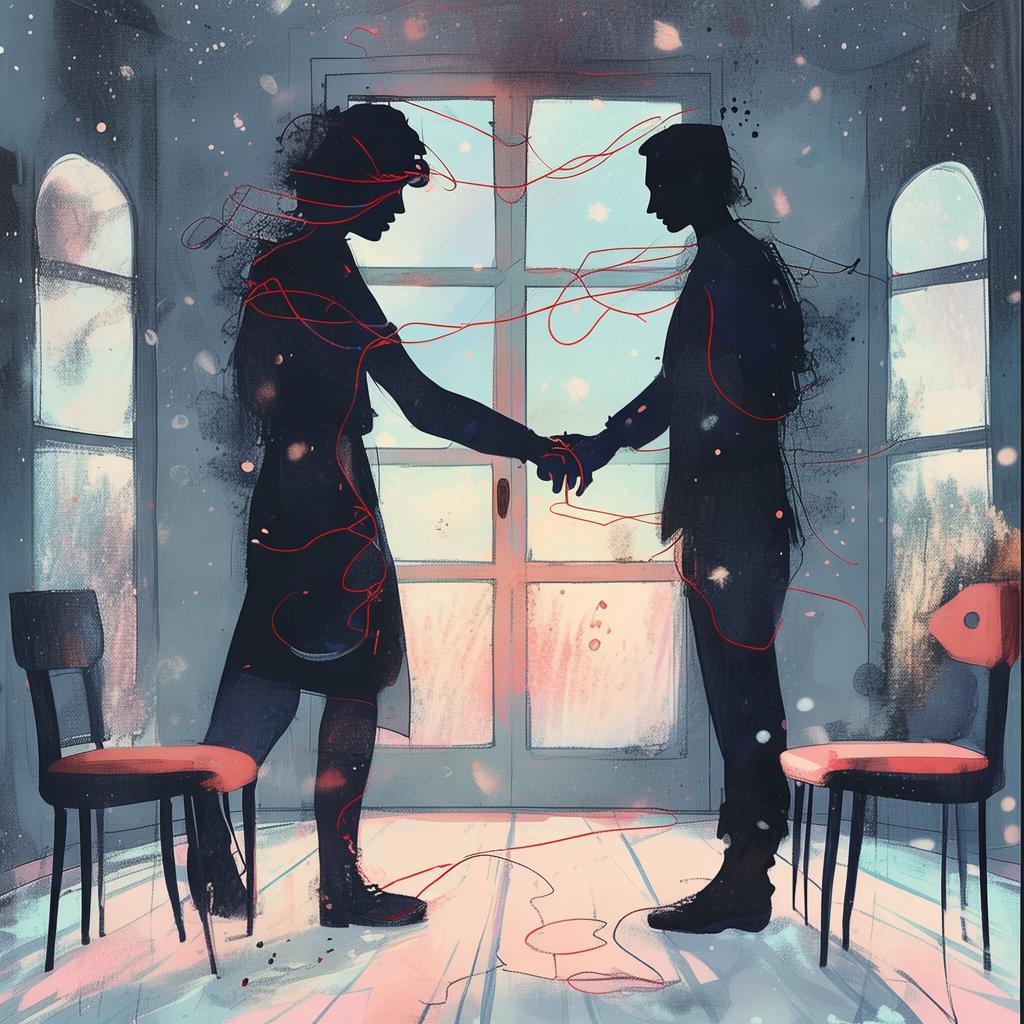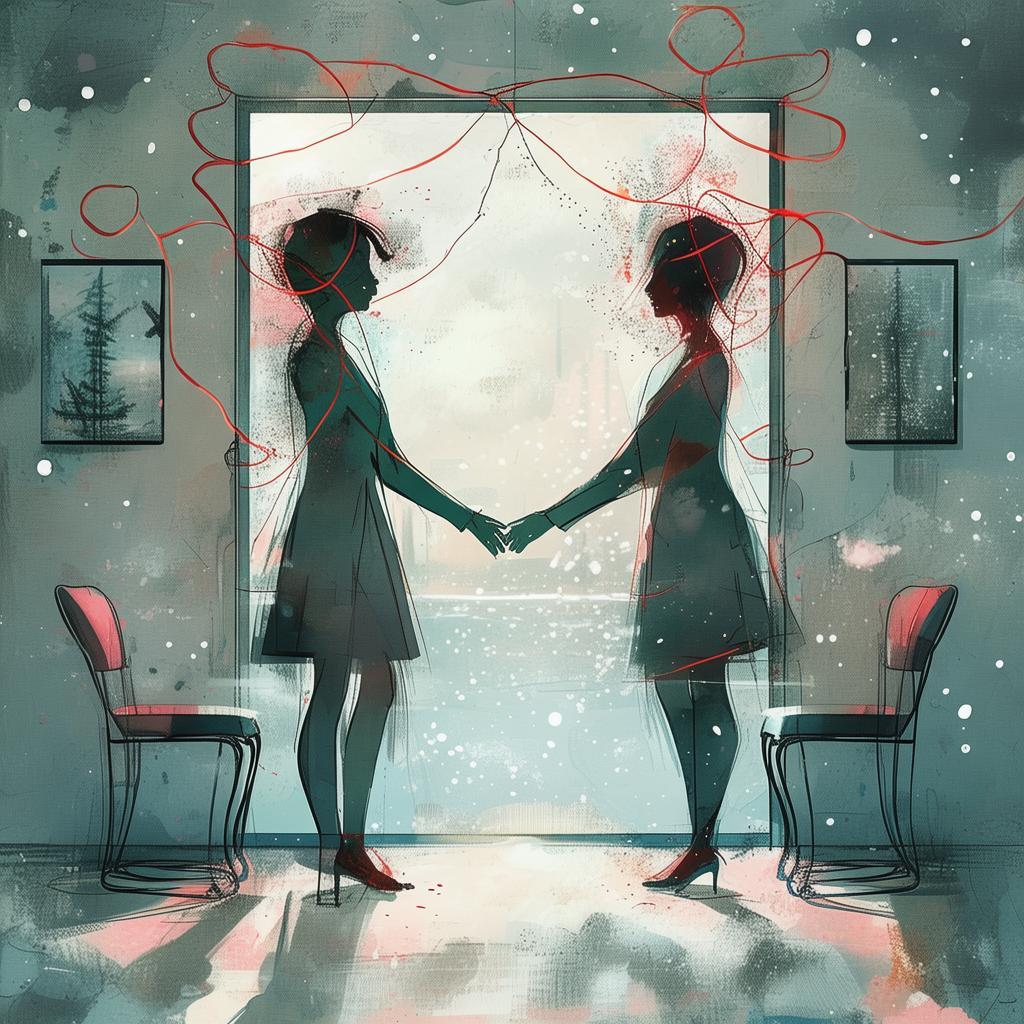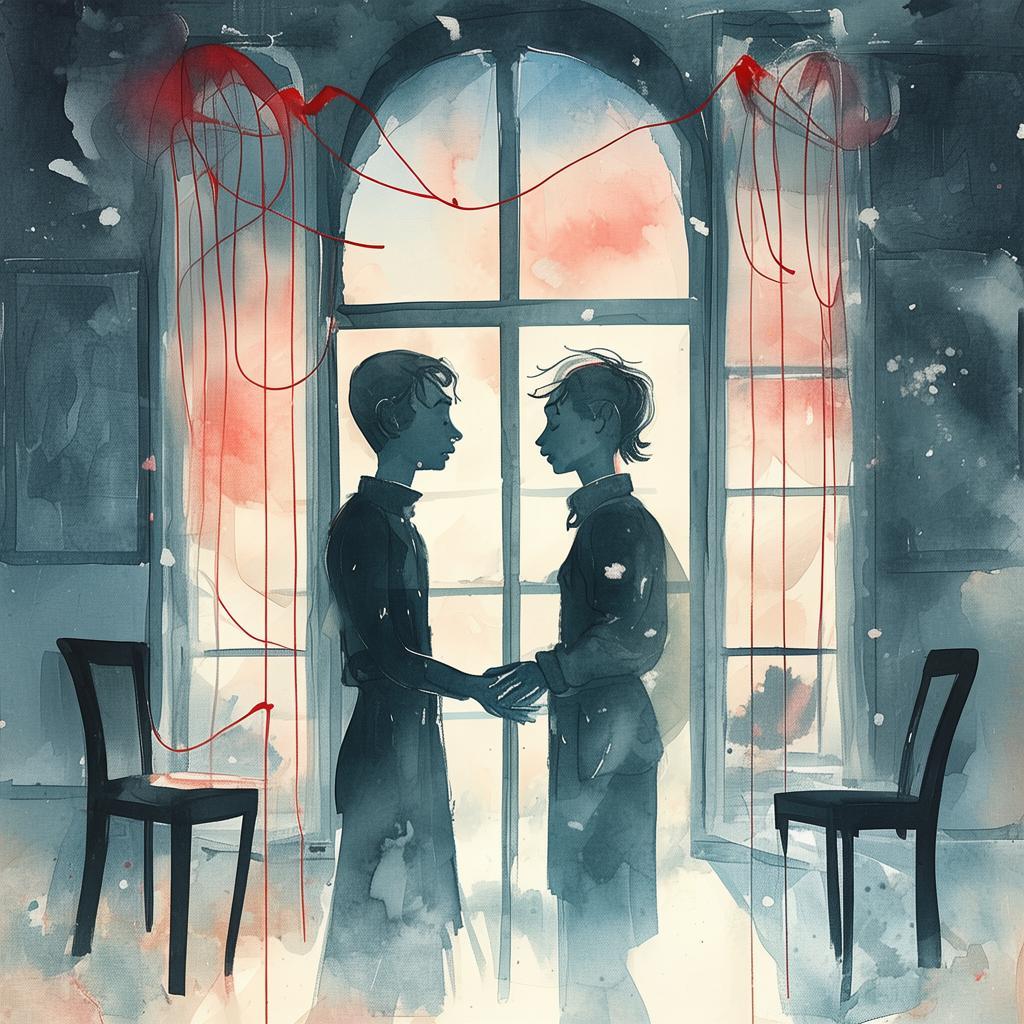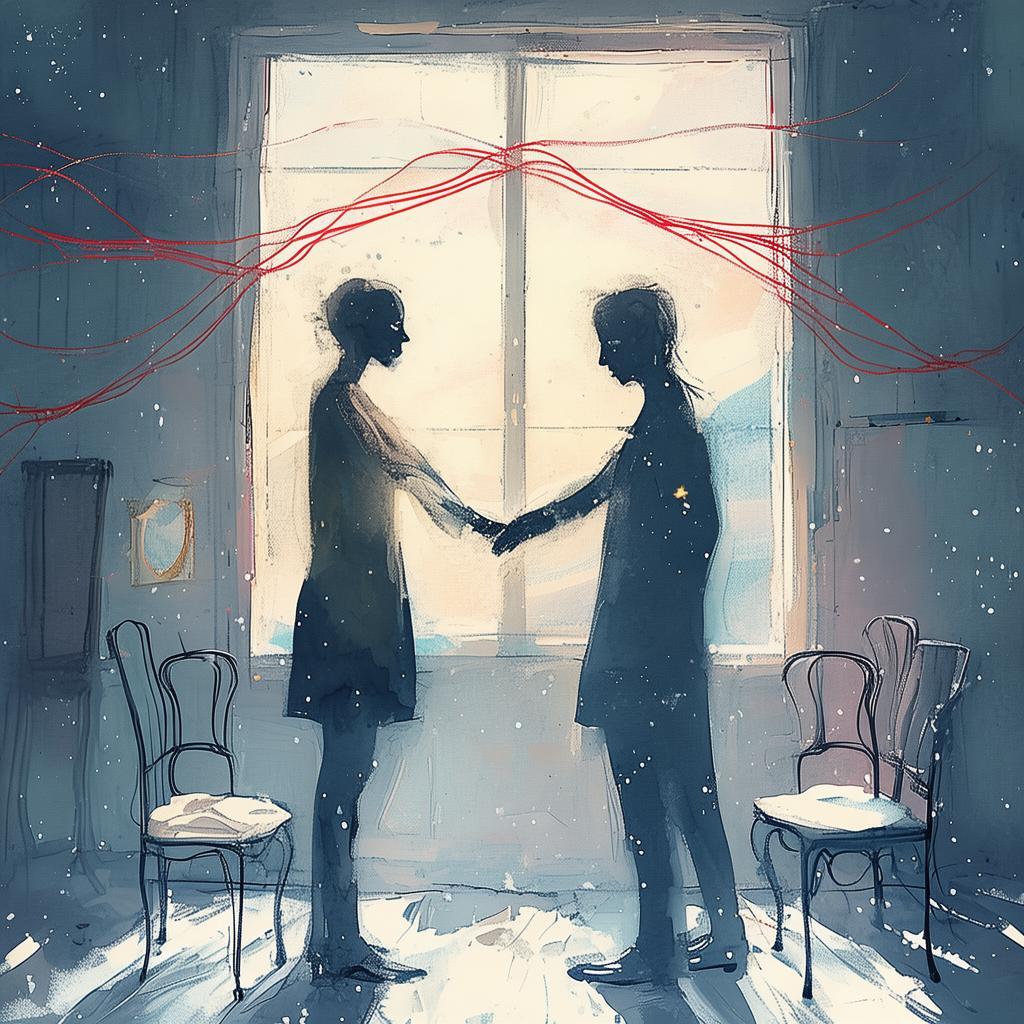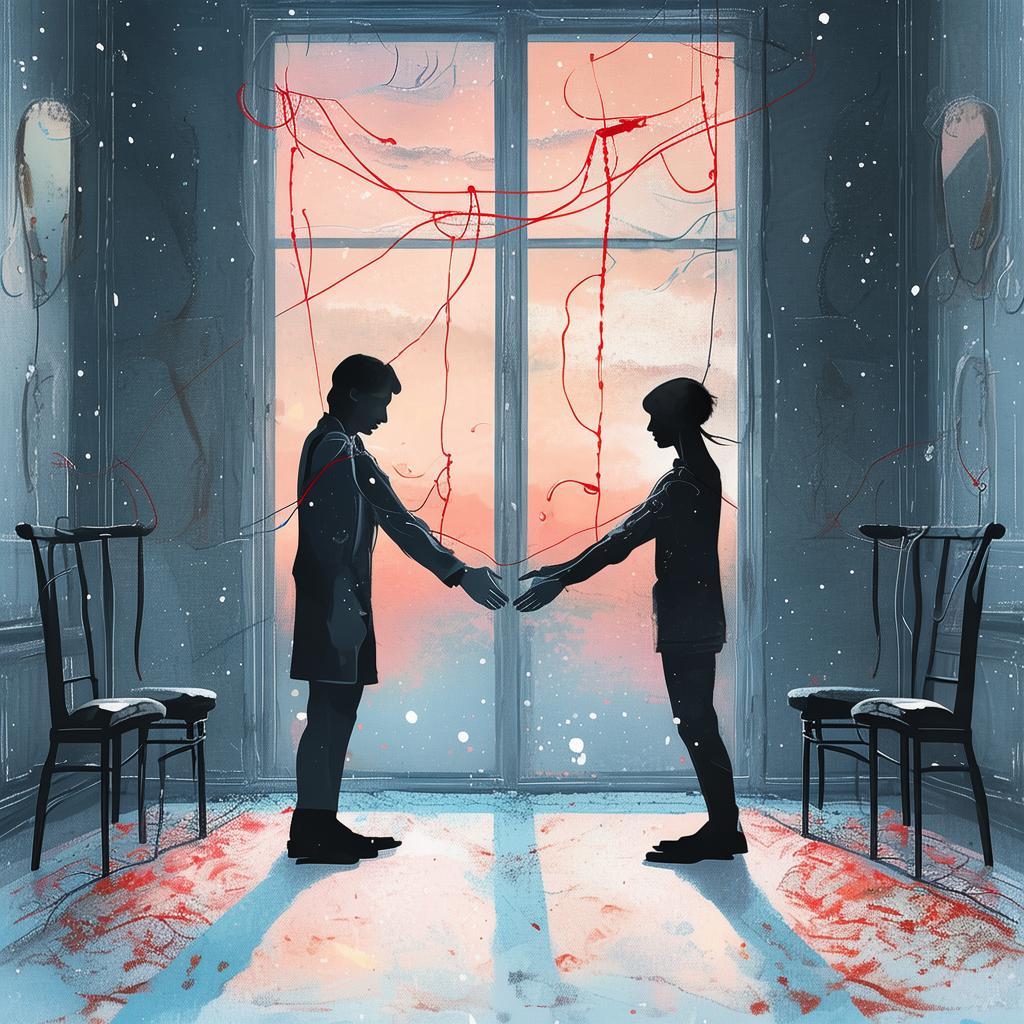The Labyrinth of Reflections
In the heart of an ancient city, where the streets whispered secrets of power and corruption, there stood a grand palace. Its walls were adorned with the most exquisite tapestries, each woven with threads of history and tales of the elite. Within these walls resided the Crown Prince, a young man named Liang, whose life was a tapestry of his own making, or so he believed.
Liang had always been the perfect prince, the one who knew the rules of the court, the one who was expected to inherit the throne. But as he gazed into the mirror that adorned his chamber, he saw not the expected reflection of his own face, but a stranger's—a man with eyes that held the weight of the world, and a scar that seemed to brand him as a traitor.
The mirror spoke to him, a voice that was both familiar and alien. "You are not who you think you are, Liang. You are the reflection of a man who once held the throne, but who was cast aside for his beliefs."
Intrigued and frightened, Liang sought answers. He discovered that the mirror was no ordinary object; it was a portal to another realm, a realm where the past and present intertwined, and where the fate of the kingdom hung in the balance.
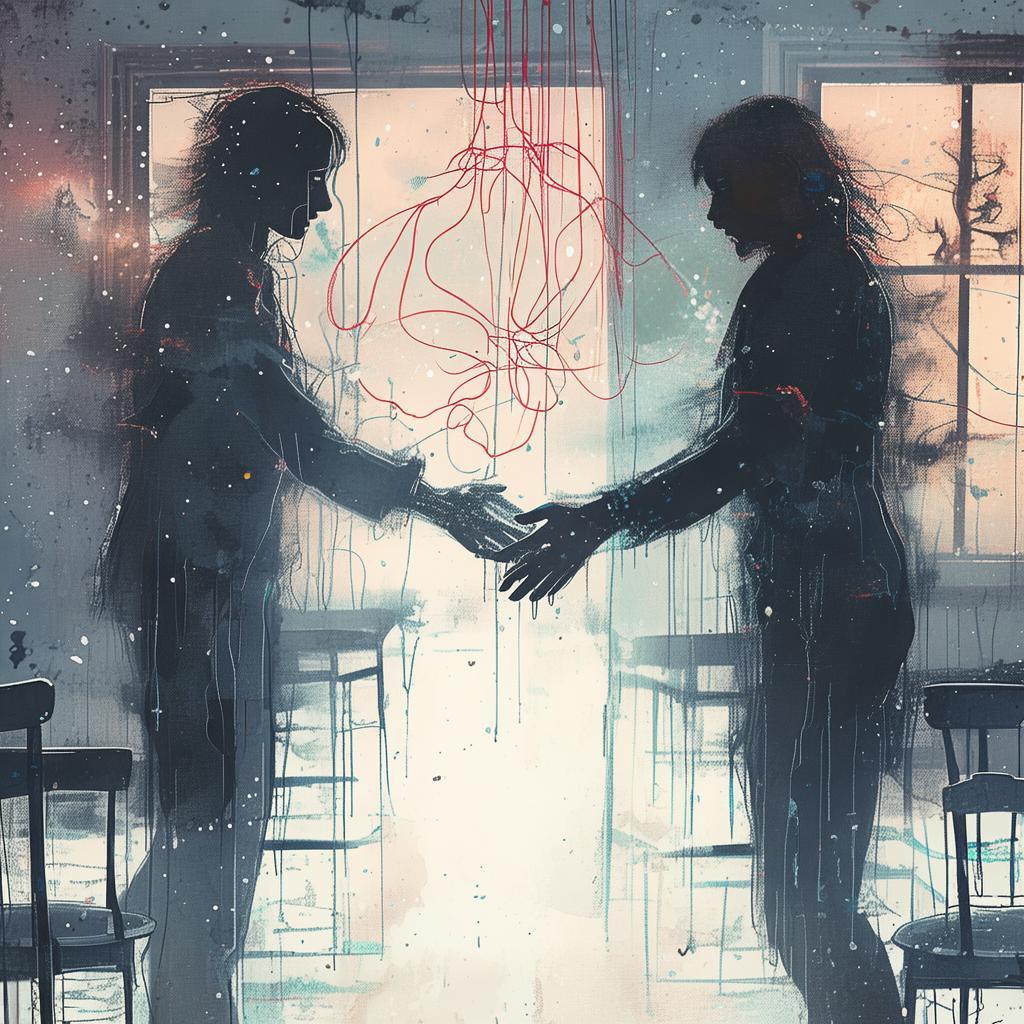
As Liang delved deeper into the mirror's mysteries, he encountered a man named Jing, the prince who had been cast aside. Jing was a man of strength and wisdom, and in him, Liang found a kindred spirit. Together, they embarked on a quest to uncover the truth about Liang's past and to restore balance to the kingdom.
But their journey was fraught with danger. The court was rife with intrigue, and those who held power were not above using any means necessary to maintain their grip. Liang and Jing found themselves entangled in a game of political chess, where the stakes were not just their own lives, but the lives of countless innocent people.
As they navigated the treacherous waters of court politics, Liang began to question everything he knew about himself. The mirror continued to reveal hidden truths, truths that would challenge his understanding of his own identity and the very nature of his existence.
The tension between Liang and Jing grew, not just as political adversaries, but as men who were drawn to each other in ways that went against the norms of their society. They were forced to confront their desires, their fears, and the weight of their responsibilities.
In the climactic final confrontation, Liang and Jing stood before the mirror, which was now a beacon of light that threatened to consume them both. The mirror revealed the ultimate truth: Liang was the reflection of Jing, a man who had been betrayed and forgotten, but whose spirit lived on in the prince.
With the truth laid bare, Liang had to make a choice. He could continue to live as the prince, or he could embrace his true identity and become the man who had been lost to history. The mirror, now a symbol of his past and his future, offered him a chance at redemption.
In the end, Liang chose to step into the light, to embrace his true self, and to become the leader that the kingdom needed. Jing, the man he had come to love, stood by his side, a testament to the power of love and the courage to face one's inner truths.
The Labyrinth of Reflections was not just a story of political intrigue; it was a tale of love, identity, and the courage to be true to oneself, even in the face of a world that sought to define them.
✨ Original Statement ✨
All articles published on this website (including but not limited to text, images, videos, and other content) are original or authorized for reposting and are protected by relevant laws. Without the explicit written permission of this website, no individual or organization may copy, modify, repost, or use the content for commercial purposes.
If you need to quote or cooperate, please contact this site for authorization. We reserve the right to pursue legal responsibility for any unauthorized use.
Hereby declared.
